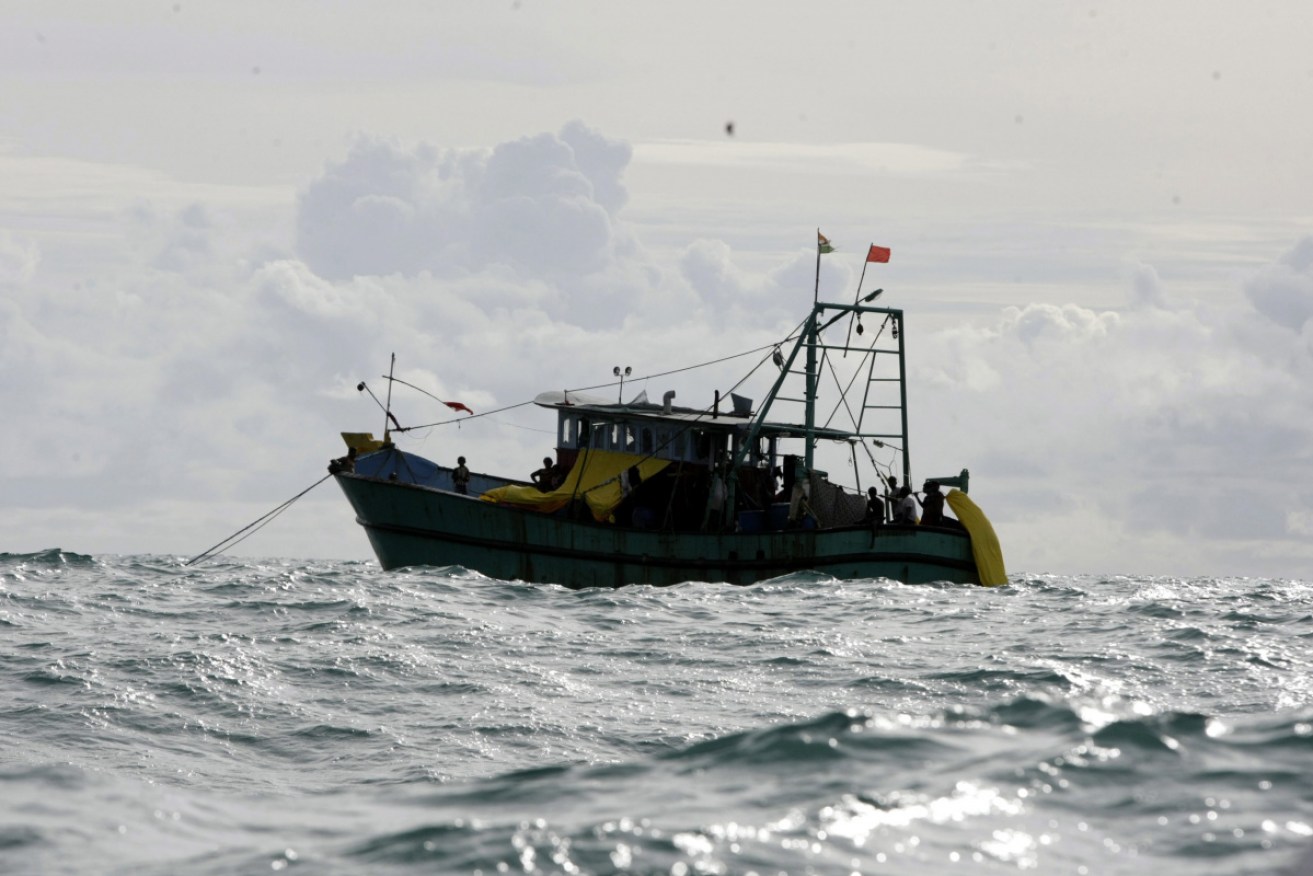Authorities search for boatload of Indian migrants

Indian authorities say the boat is thought to have left for New Zealand on January 12. Photo: AAP
Concerns a fishing boat from India with more than 100 would-be migrants on board might be heading to New Zealand has prompted a warning from authorities and a threat of detention.
Indian police say they’ve been told the vessel, carrying as many as 200 people, including women and children from the capital Delhi and the state of Tamil Nadu, left for New Zealand on January 12.
Officers say they’ve interviewed those who failed to make it on board and 70 bags left behind by some of those who went suggested they were planning for a long journey. The boat was apparently overcrowded.
“The people and boat are missing somewhere in the sea. Many Indian agencies including the coastguard are trying to locate the boat,” officer MJ Soja told Reuters.
“We have not been able to trace the boat so far, no radio connection, no radar, nothing is coming out. It was a fishing boat, not a passenger boat. The boat had been purchased just for this purpose.”
There has never been a successful boat arrival in New Zealand, partly owing to the country’s geographical remoteness. The vessel would need to travel more than 11,000 kilometres through some of the roughest seas in the world.
The most likely route would take it between Indonesia and Australia.
New Zealand’s immigration department, however, said while it did not comment on specific cases, a mass arrival at some stage was a “very real possibility” and could be met with detention under the country’s law.
“[The law says] those who arrive as part of a mass arrival to be detained for up to six months and allows this detention period to be extended for up to 28 days at a time, if a [court] determines that is necessary,” Immigration NZ’s assistant general manager Stephen Vaughan said.
All reports of such journeys were concerning, he said.
“Any attempt to reach New Zealand will put your life, and the lives of your family members, at great risk. There is every chance you will drown at sea.”
New Zealand passed laws to deal with potential mass arrivals in 2013 to combat people smuggling. It still requires the government to consider the asylum claims of those being held.
-with agencies








